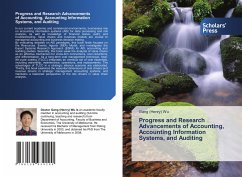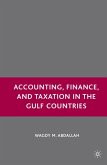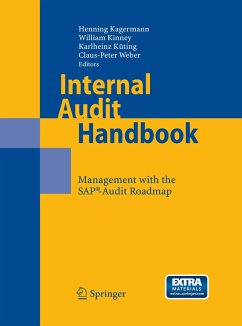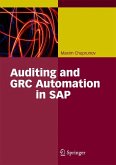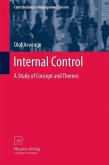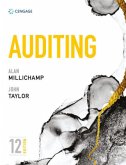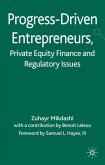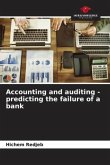In our current academic and commercial environments, businesses rely on accounting information systems (AIS) for data processing and risk analysis, as well as knowledge of financial status, audit, and troubleshooting. Value chains and business models are crucial to managerial accounting and business decision making. By evaluating debates on AIS paradigms, this book firstly focuses on the Resources, Events, Agents (REA) Model, and investigates the Expert Systems Research Approach (ESRA) for AIS, accounting and auditing studies. Secondly, this book views the analysis of value chains as an effective mechanism for cross-firm connections, cost reductions, and differentiation. As a long-term cost management technique, total-life-cycle costing (TLCC) integrates an omnibus set of cost essentials, including ownership, maintenance, operations, and replacements. The advantages of TLCC in a strategic alliance scenario are elaborated. Thirdly, this book examines the essential dimensions of cost drivers and revenue drivers in strategic management accounting systems, and maintains a balanced perspective of the two drivers in value chain analysis.

